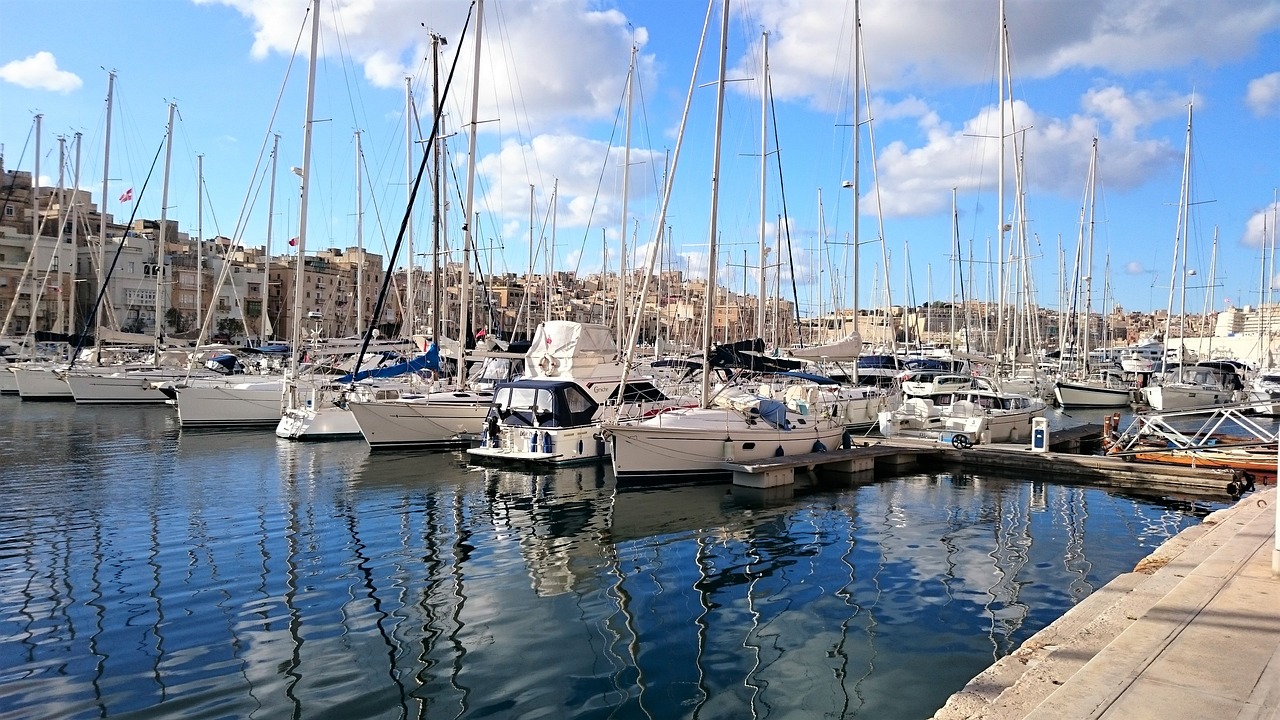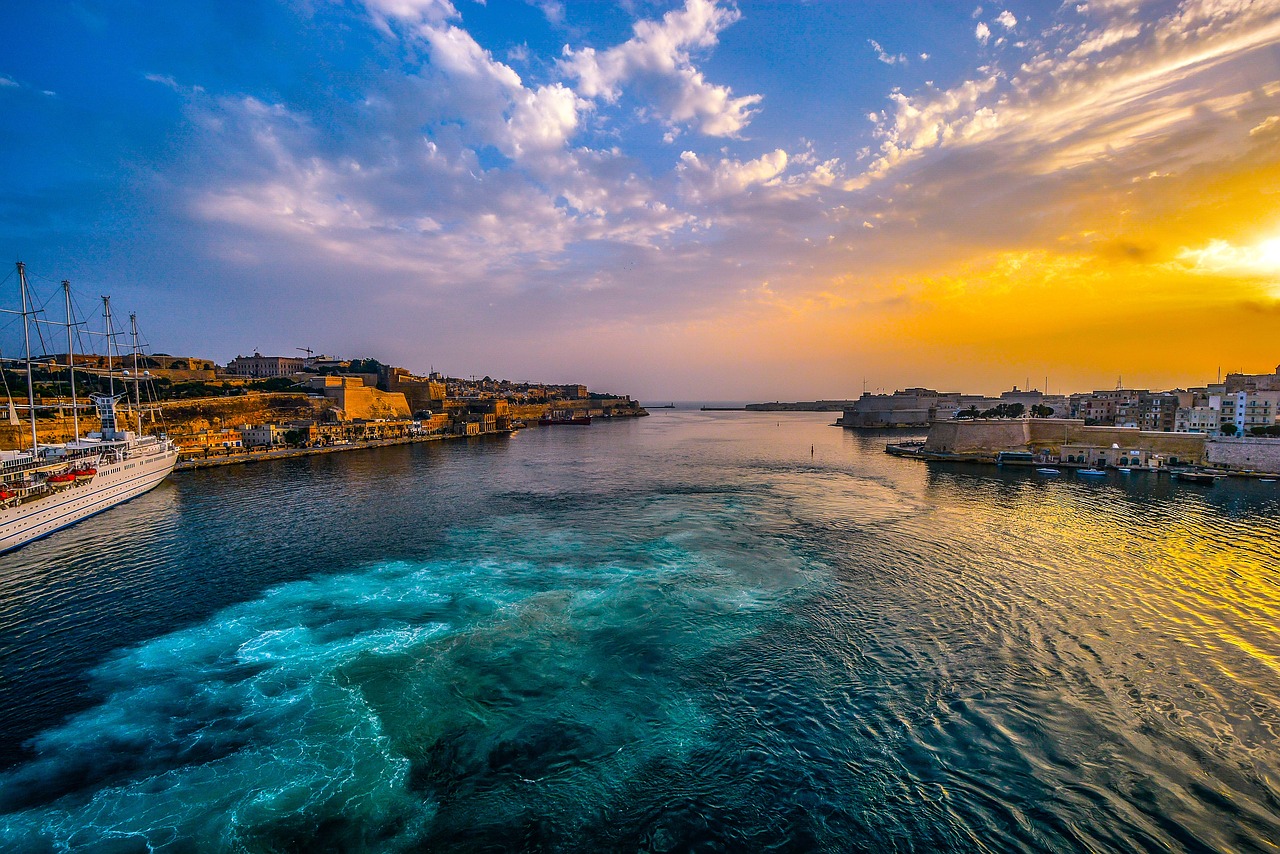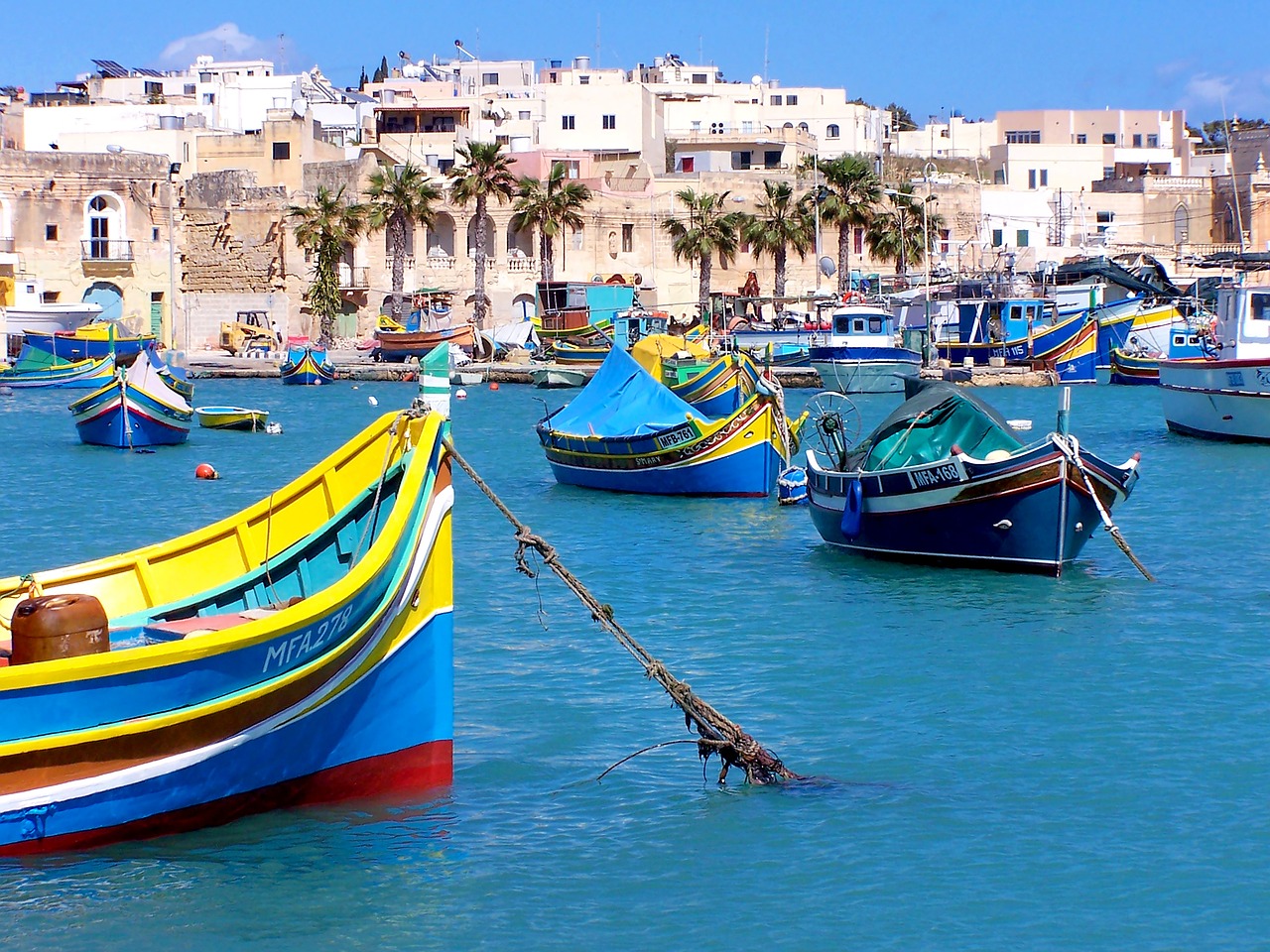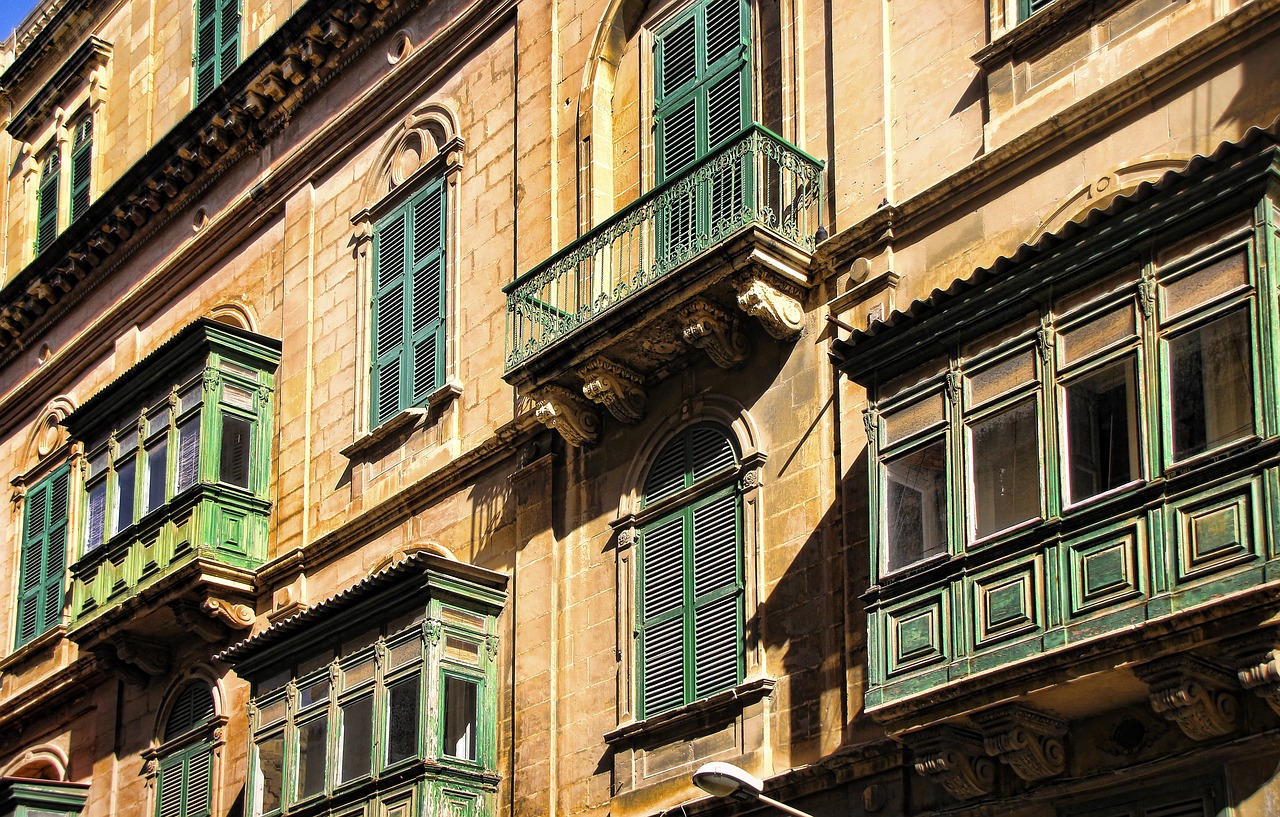Malta Video
Language and Communication: Overcoming Barriers in Malta
Introduction
Malta, a small island nation in the Mediterranean Sea, is known for its rich history, stunning landscapes, and vibrant culture. With a diverse population and a mix of languages spoken, language and communication play a crucial role in everyday life in Malta. This article explores the various languages spoken in Malta, the challenges faced in communication, and the strategies employed to overcome these barriers.
Language Diversity in Malta
Malta is a multilingual society, with Maltese and English being the official languages. Maltese, a Semitic language with influences from Italian, is the national language and is spoken by the majority of the population. English is widely understood and used in official documents, education, and business settings. Apart from Maltese and English, there are also significant communities speaking other languages, such as Italian, French, and German, due to historical and cultural connections. This linguistic diversity adds complexity to communication in Malta.
- Maltese: Maltese is a unique language with its own grammar, vocabulary, and pronunciation. It is the mother tongue of the majority of the Maltese population and serves as a symbol of national identity.
- English: English is taught in schools and used extensively in business and official settings. It acts as a lingua franca for communication between different language groups in Malta.
- Italian: Due to geographical proximity and historical ties, Italian is widely spoken and understood, especially among older generations and in certain communities.
- French and German: These languages are also present in Malta, primarily due to tourism and expatriate communities.
Multilingualism and Code-Switching
In Malta, it is common for individuals to be multilingual and switch between languages in conversations, a phenomenon known as code-switching. Code-switching allows speakers to navigate between different languages depending on the context and the interlocutors involved. This linguistic flexibility is a testament to the multicultural and multilingual nature of Maltese society.
- Code-Switching Examples:
1. In a casual conversation between friends, a sentence might start in Maltese, switch to English for a specific word or phrase, and then continue in Maltese.
2. In a business meeting with participants from different language backgrounds, English might be used as a common language for communication.
3. In a formal setting, such as a conference or a diplomatic event, speakers might use English or Maltese, depending on the audience and the topic being discussed.
Challenges in Communication
Despite the linguistic diversity and code-switching practices, there are still challenges in communication that arise due to language barriers. These challenges can affect various aspects of daily life, including education, healthcare, tourism, and social interactions.
- Education: Language barriers can pose challenges for non-native speakers in educational settings. Students who are not proficient in Maltese or English may struggle to understand lessons and interact with their peers.
- Healthcare: Limited language proficiency can hinder effective communication between healthcare professionals and patients, leading to misunderstandings and potential risks to patient care.
- Tourism: Visitors who do not speak Maltese or English may face difficulties in navigating the island, seeking assistance, or fully engaging with the local culture.
- Social Interactions: Language barriers can create barriers in social interactions, making it challenging for individuals from different language backgrounds to connect and communicate effectively.
Strategies for Overcoming Language Barriers
In Malta, various strategies are employed to overcome language barriers and ensure effective communication among individuals from different language backgrounds. These strategies include:
- Language Training: Language training programs are offered to non-native speakers to improve their proficiency in Maltese or English. These programs aim to enhance communication skills and facilitate integration into society.
- Interpreter Services: In healthcare and legal settings, professional interpreter services are available to bridge the communication gap between professionals and individuals who do not speak the same language.
- Translation Services: Official documents, educational materials, and important information are often translated into multiple languages to ensure accessibility for all individuals.
- Language Exchange Programs: Language exchange programs provide opportunities for individuals to practice and improve their language skills by interacting with native speakers.
- Multilingual Staff: Businesses and public institutions often employ multilingual staff members to cater to the diverse linguistic needs of the community.
Conclusion
Language and communication play a vital role in overcoming barriers in Malta. With its multilingual society and diverse language landscape, the island faces both challenges and opportunities in fostering effective communication. Through language training, interpreter services, translation efforts, language exchange programs, and the presence of multilingual staff, Malta strives to create an inclusive and communicative environment for all individuals, regardless of their language background.
References
- education.gov.mt
- health.gov.mt
- visitmalta.com
- culturalrelations.org
Malta Image 1:

Malta Image 2:

Malta Image 3:



